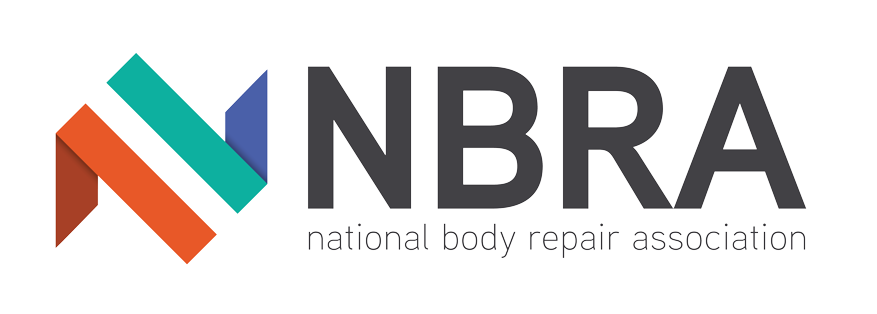
Bullying Claims in the workplace: what constitutes bullying and what are the relevant issues to consider when investigating a potential bullying situation
The recent high-profile investigation and report into the bullying allegations levelled at Dominic Raab has highlighted the issue of bullying conduct in the workplace. The report re-emphasised what constitutes bullying but also what information is important for employers to consider, in order to conduct a reasonable investigation into any potential bullying claim.
Importance of knowing what bullying is and a reasonable investigation
Knowing what constitutes bullying and how to conduct a reasonable investigation has the obvious practical business benefit of rooting out any potential bullying situations at an early stage, to help maintain a friendly workplace environment.
From a legal perspective, being able to identify bullying conduct and then carrying out a reasonable investigation into a bullying allegation will provide a strong foundation to defend any claim arising out of the conduct.
There is no such thing as a specific ‘bullying claim’ in employment law, but employers have a legal duty of care to protect their employees from harm including bullying. However, bullying conduct has the potential to be used to bring Equality Act 2010 (“EqA 2010”) claims for harassment, unlawful discrimination, and victimisation. Bullying conduct can give rise to claims for constructive dismissal and also claims under the Protection from Harassment Act 1997.
What constitutes bullying conduct?
The Raab report applied a broad definition of ‘bullying’, which is very similar to the definition of harassment under section 26 EqA 2010, resulting from the case of R (FDA) v Prime Minister and Minister for the Civil Service [2021] EWHC 3279 (Admin). Bullying was described as conduct which is either:
(1) Offensive, intimidating, malicious or insulting behaviour;
OR (2) Abuse or misuse of power in ways that undermine, humiliate, denigrate or injure the recipient.
ACAS helpfully provides examples on their https://www.acas.org.uk/bullying-at-work of what the above behaviour looks like in practical terms. Examples include constantly criticising someone’s work, continuously putting someone down in meetings, and placing humiliating, offensive or threatening comments or photos of a colleague on social media.
Relevant issues when investigating bullying claims in the workplace
Naturally, any allegation of bullying should not be taken lightly. Your first step should be to check your organisation’s policy on bullying, equal opportunities, grievances and/or whistleblowing. This document should prescribe a method for handling the complaint and the procedure that should be followed.
ACAS recommends that employers handle complaints of this nature informally, if possible. This will depend on what the complainant desires, what your bullying policy says, and objectively how serious the issue is. If the matter is to be handled formally with a full investigation and a grievance hearing with a written outcome and right of appeal etc, then the Raab report highlights possible factors to be taken into account:
-
The facts and context of the conduct.
-
The nature and (if relevant) seriousness of the conduct, including whether it was offensive, intimidating, malicious or insulting, or was experienced as such, or was an abuse or misuse of power in ways that undermine, humiliate, denigrate or injure the recipient.
-
The reasons, understanding and intentions of the employee.
-
If relevant, questions of mitigation including expressions of regret or apologies.
The investigator should attempt to keep an ‘open mind’ by listening to the complainant, leaving any personal feelings to the side, and trying to not make assumptions before hearing the relevant information.
Don’t forget, this advice is general in nature and will need to be tailored to any one particular situation. As an RMI member you have access to the RMI Legal advice line, as well as a number of industry experts for your assistance.
Motor Industry Legal Services
Motor Industry Legal Services (MILS Legal Ltd) provides fully comprehensive legal advice and representation to UK motor retailers for one annual fee. It is the only law firm in the UK which specialises in motor law and motor trade law. MILS currently advises over 1,000 individual businesses within the sector as well as the Retail Motor Industry Federation (RMI) and its members.





